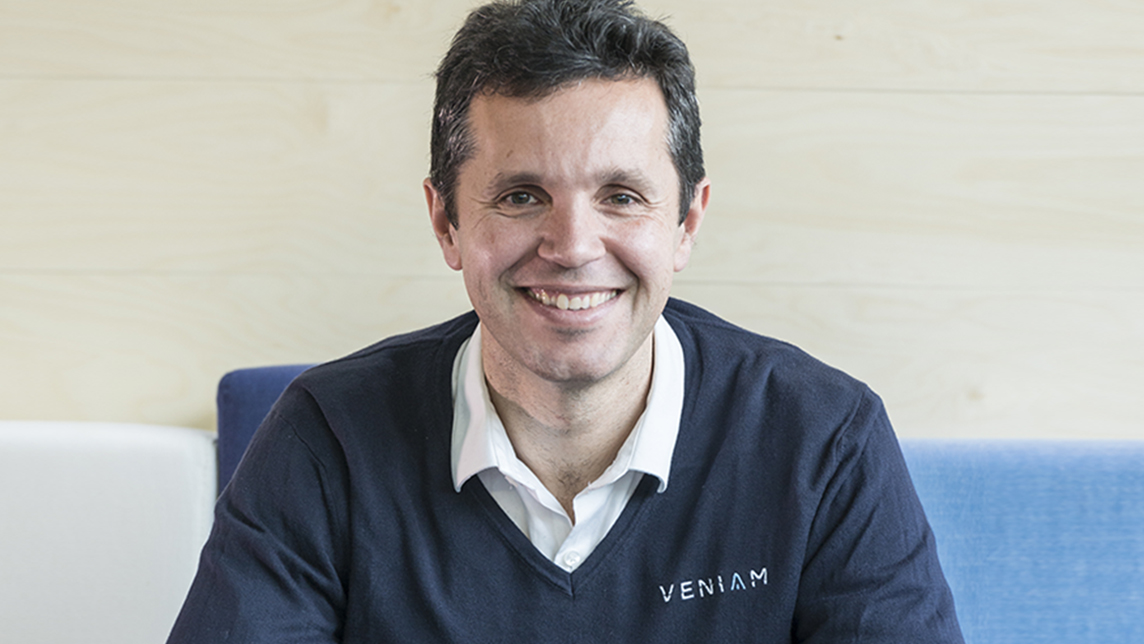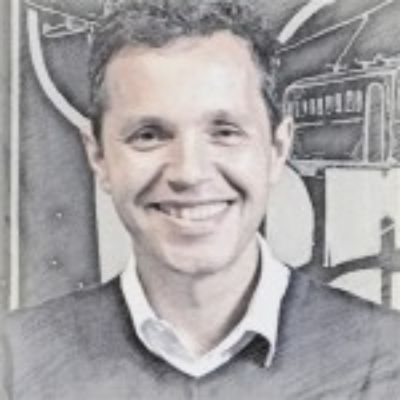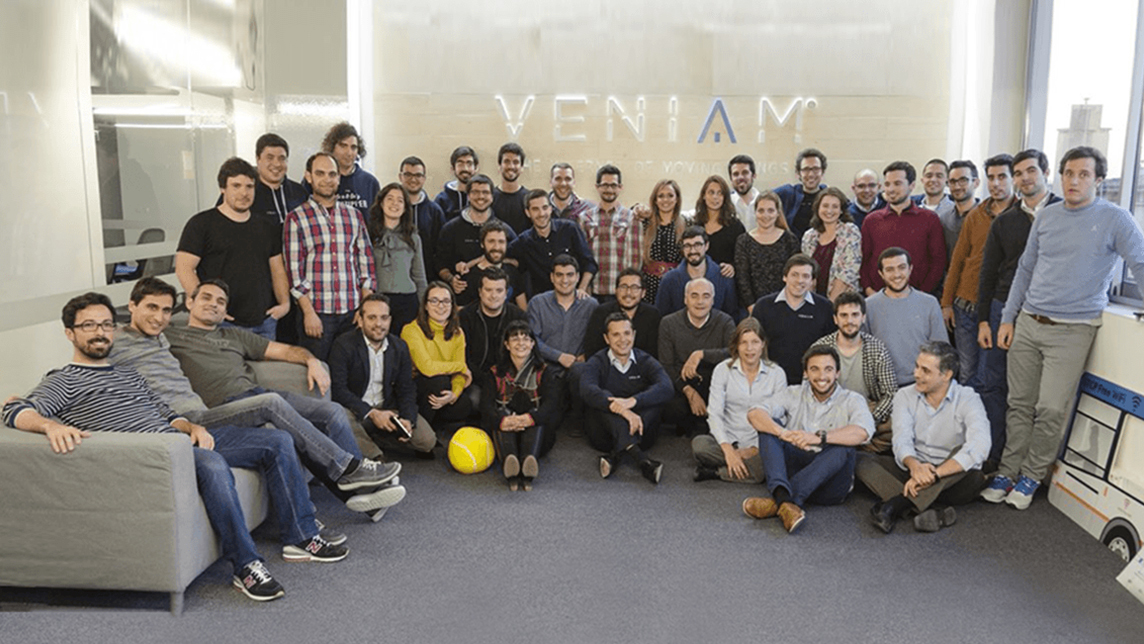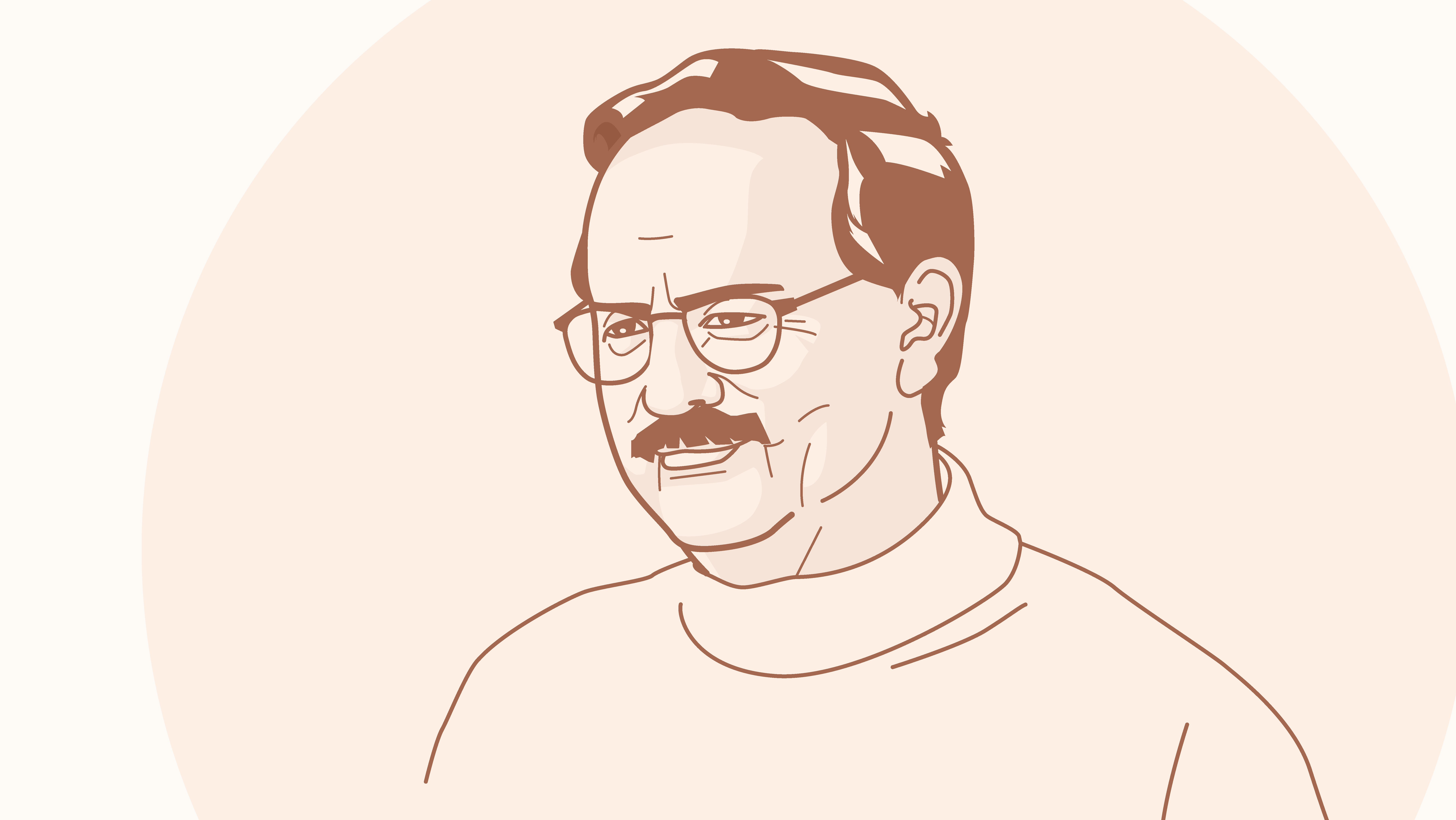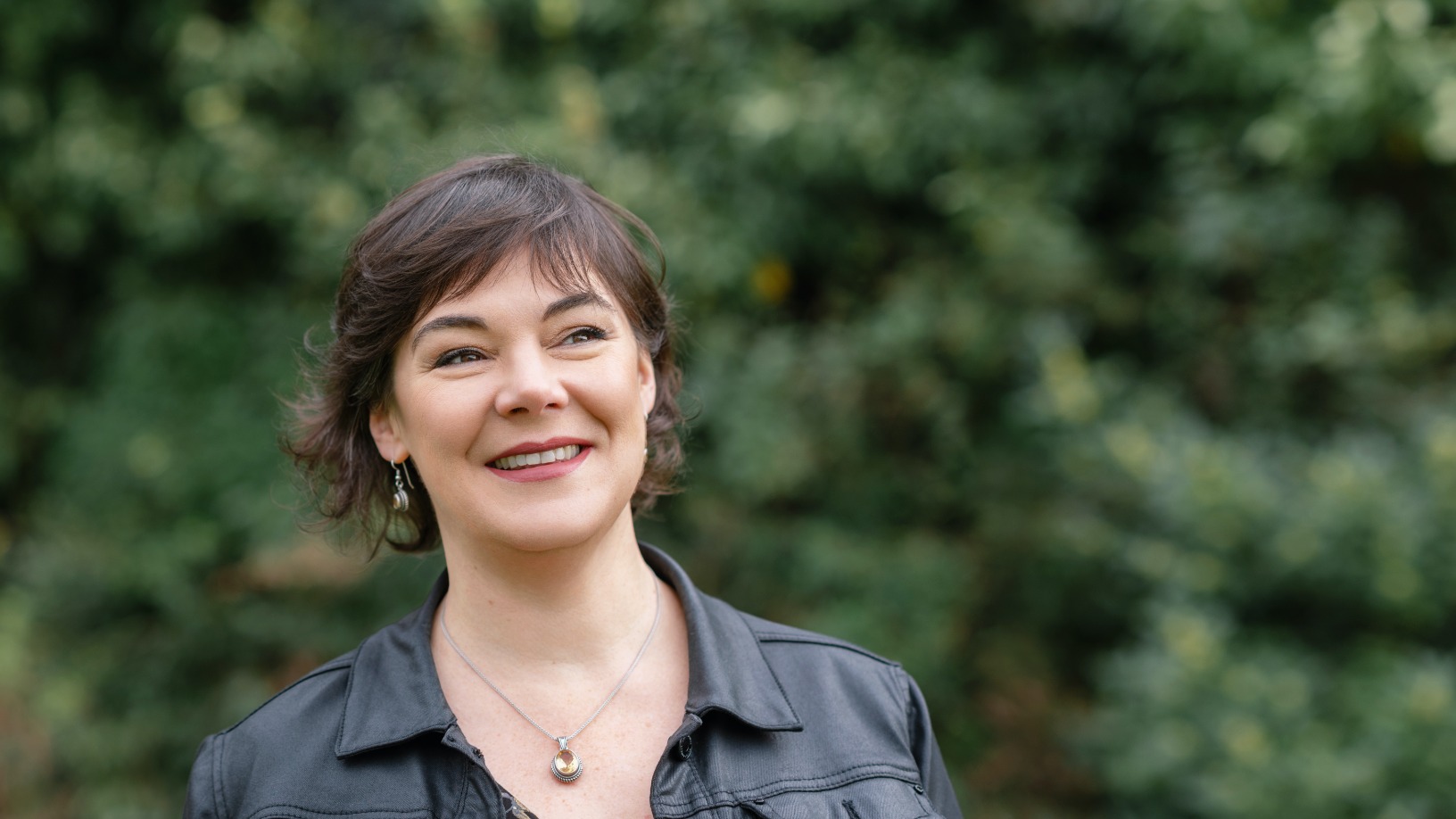On how Veniam started
The specific point in time at which we decided to start the company, and where I basically left academia, had a bit to do with the situation in Portugal then.
The financial crisis had hit our country hard, and I remember inviting my research group (of about 20) at the time for Christmas dinner and everyone was very depressed and thinking about leaving the country – because economically, things were looking so bad.
And I thought, I need to do something. So, I told them, 2012 is going to be the year where we’ll take the amazing technology that you’ve been developing, and take it to market. I had no idea how to do that, but in January we started.
The company is now doing very well, and I do believe that many of our young staff members, a few years from now, will start their own companies too. And that’s also how I believe Portugal is going to become a hi-tech nation that’s contributing to positive change around the world.
Ultimately, technology for technology’s sake is worthless, unless it is able to help us solve climate change, social inequality, aging… These are the big problems of society today and I think that we, as scientists, technologists and entrepreneurs, have a civic duty to use that technology to improve people’s lives.
On being an “accidental entrepreneur”
I’d say that many of the decisions I made were “accidental”, in the sense that I’m always driven by curiosity. I always want to learn new things and try new things out. And I’ve also been very much driven by the people that I meet. I’ve been blessed with outstanding mentors, who have shaped my view of the world and my view of myself, and allowed me to grow as an individual.
Right now, I’m getting to a point in my life where I also have the opportunity to mentor others. And I love to work with young people, which was what motivated me to become a professor in the first place. In a company like this, where two-thirds of our staff are millennials, it’s very exciting to be able to provide that kind of mentorship and leadership that they require.
On the challenges ahead
Right now, it’s very exciting to be working in transportation – the whole sector is going through a massive disruption. But the challenge is always to be able to predict what is going to happen next, and to position the company and the team in the best possible way.
I also see that we have to find talent in many different areas, so that’s a full-time job in itself.
In terms of growth, where we are right now, the key is to be able to combine the experience of seasoned executives with the drive, creativity and energy of our younger team members. Some of them have already been with the company for four, five years, but this has been their first job. So obviously, we also have to mature as an organization. These are the typical growing pains of a startup.
The above has been edited and condensed.
